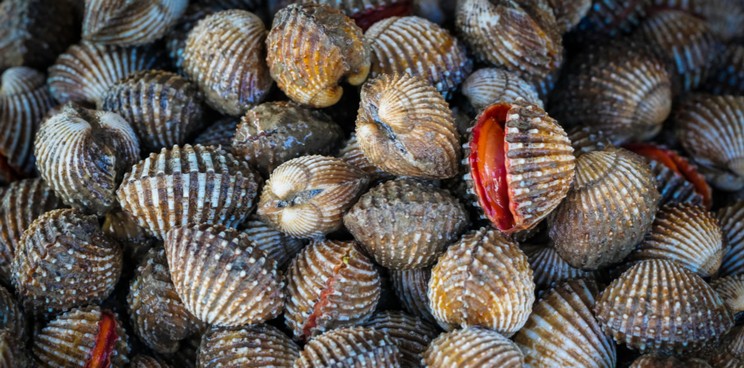Newsletter Signup - Under Article / In Page
"*" indicates required fields
As you eat your plate of delicious cockles, spare a thought for how their sugars might help to tackle cancer, suggest researchers from the University of Salford, UK.
Testing cockle-derived sugars on cancer cells in the lab, the research group found that they have a similar anti-cancer effect to many regular chemotherapy drugs, but with a lower concentration.
Though the research is only on human leukemia cell lines so far, it is a potential beginning point for designing chemotherapy at low doses, noted David Pye, lead researcher of the group. This could produce fewer unpleasant side effects, which could be especially helpful for children undergoing the treatment.
According to the study, published in the journal Marine Drugs, these marine sugars stopped the cancer cells from dividing and caused them to die. “Sugars are an underused source of medicinal and biotechnological products and this represents an example of how these molecules are ripe for further exploitation,” Pye told us.
Cockles have other benefits as a source of these anti-cancer sugars because the animals are cheap, easy to source from suppliers, and the extraction process of their sugars is relatively simple.
According to Pye, the focus on cockles started by accident seven years ago when they switched from using mammal-derived sugars to those derived from the common cockle (Cerastoderma edule) in a routine experiment on cancer cells. “They surprisingly killed the cells,” said Pye. “We tried a mammalian version of these sugars and they did nothing.”
The potential for the commercialization of other marine-derived anti-cancer compounds has been mixed in the past. The compound Rydapt from Novartis was approved by the European Commission in September 2017, but a Phase III trial from Spanish biotech PharmaMar using the compound Zepsyre was unsuccessful this year.
Pye has high hopes for commercializing this new approach, searching for funding to find out if it works in patients. “We have put together a business case for development, potentially through a Phase IIb clinical trial, but we need the funding to progress it clinically,” he concluded.
Images via Shutterstock






